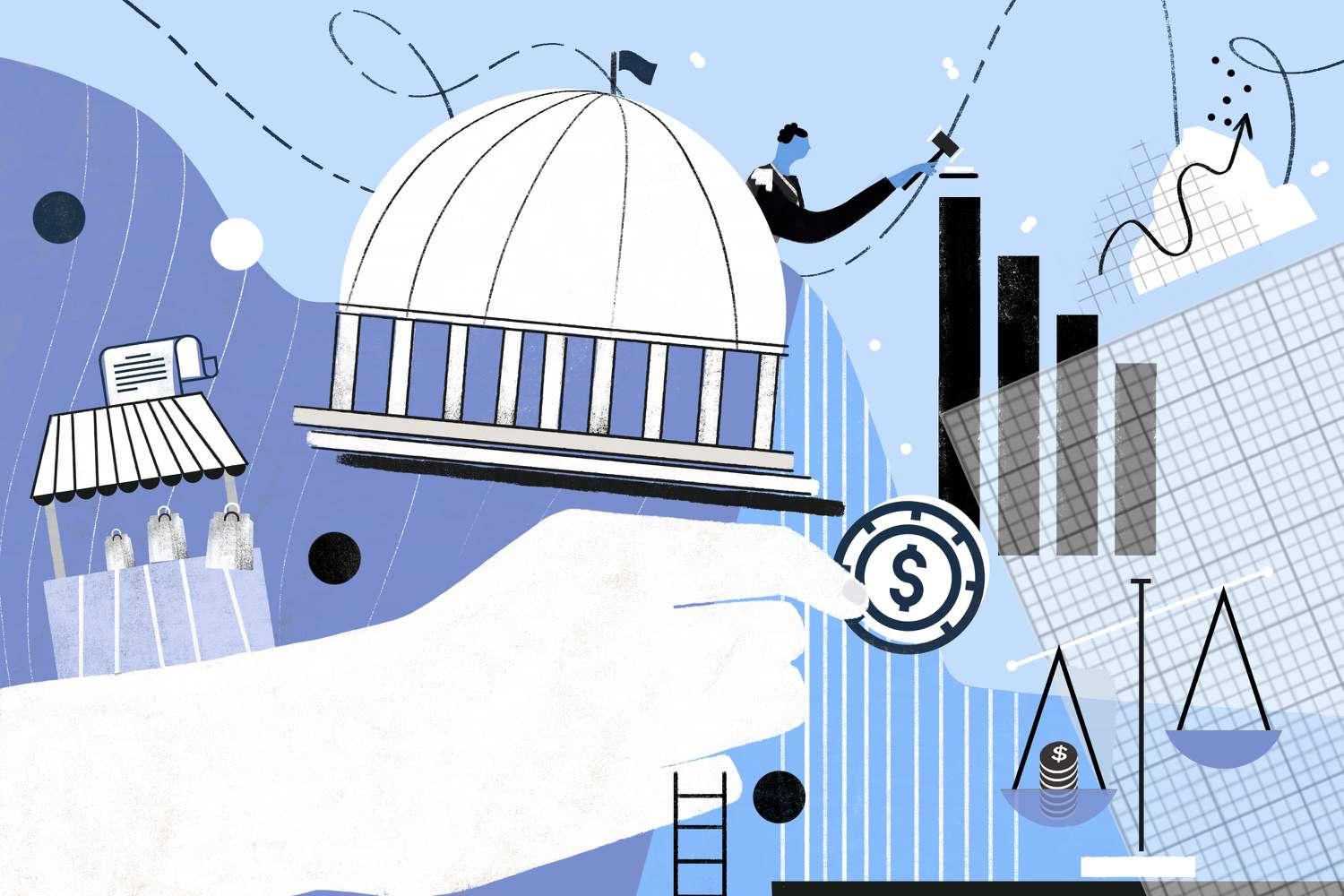The Role of Government Policy in Stock Market Dynamics

The stock market is a complex and dynamic system that is influenced by a variety of factors, including economic conditions, political developments, and market sentiment. One of the most significant factors that can impact the stock market is government policy. In this article, we will explore the role of government policy in stock market dynamics and the ways in which governments can influence the stock market.
Government Policy and the Stock Market
Government policy can have a significant impact on the stock market in a variety of ways. For example, changes in tax rates or regulations can affect the profitability of companies and, as a result, the value of their stock. In addition, government spending or cutbacks can impact the overall economy and, as a result, the stock market.
One of the most significant ways in which government policy can impact the stock market is through monetary policy. Central banks around the world use monetary policy to regulate the money supply and interest rates. When central banks raise interest rates, it can make it more expensive for companies to borrow money, which can reduce their profitability and, as a result, the value of their stock. Conversely, when central banks lower interest rates, it can make it cheaper for companies to borrow money, which can increase their profitability and, as a result, the value of their stock.
Government Policy and the Stock Market: The United States
The United States is one of the largest and most influential economies in the world, and, as a result, its government policy can have a significant impact on the stock market. For example, changes in tax rates or regulations can affect the profitability of U.S. companies and, as a result, the value of their stock. In addition, government spending or cutbacks can impact the overall U.S. economy and, as a result, the stock market.
One of the most significant ways in which U.S. government policy can impact the stock market is through monetary policy. The Federal Reserve, the central bank of the United States, uses monetary policy to regulate the money supply and interest rates. When the Federal Reserve raises interest rates, it can make it more expensive for U.S. companies to borrow money, which can reduce their profitability and, as a result, the value of their stock. Conversely, when the Federal Reserve lowers interest rates, it can make it cheaper for U.S. companies to borrow money, which can increase their profitability and, as a result, the value of their stock.
Government Policy and the Stock Market: China
China is another major economy that can have a significant impact on the stock market. For example, changes in tax rates or regulations can affect the profitability of Chinese companies and, as a result, the value of their stock. In addition, government spending or cutbacks can impact the overall Chinese economy and, as a result, the stock market.
One of the most significant ways in which Chinese government policy can impact the stock market is through monetary policy. The People's Bank of China, the central bank of China, uses monetary policy to regulate the money supply and interest rates. When the People's Bank of China raises interest rates, it can make it more expensive for Chinese companies to borrow money, which can reduce their profitability and, as a result, the value of their stock. Conversely, when the People's Bank of China lowers interest rates, it can make it cheaper for Chinese companies to borrow money, which can increase their profitability and, as a result, the value of their stock.
In conclusion, government policy can have a significant impact on the stock market. Governments can influence the stock market through changes in tax rates or regulations, government spending or cutbacks, and monetary policy. The United States and China are two of the largest and most influential economies in the world, and their government policy can have a significant impact on the stock market. By understanding the role of government policy in stock market dynamics, investors can make more informed decisions and take advantage of opportunities in the stock market.
government policy and stock marketstock market dynamicsgovernment policy and monetary policygovernment policy and tax ratesgovernment policy and regulationsgovernment policy and market sentimentgovernment policy and profitabilitygovernment policy and stock valuegovernment policy and interest ratesgovernment policy and money supplygovernment policy and central banksgovernment policy and economic conditionsgovernment policy and political developmentsgovernment policy and investorsgovernment policy and informed decisionsgovernment policy and opportunities





